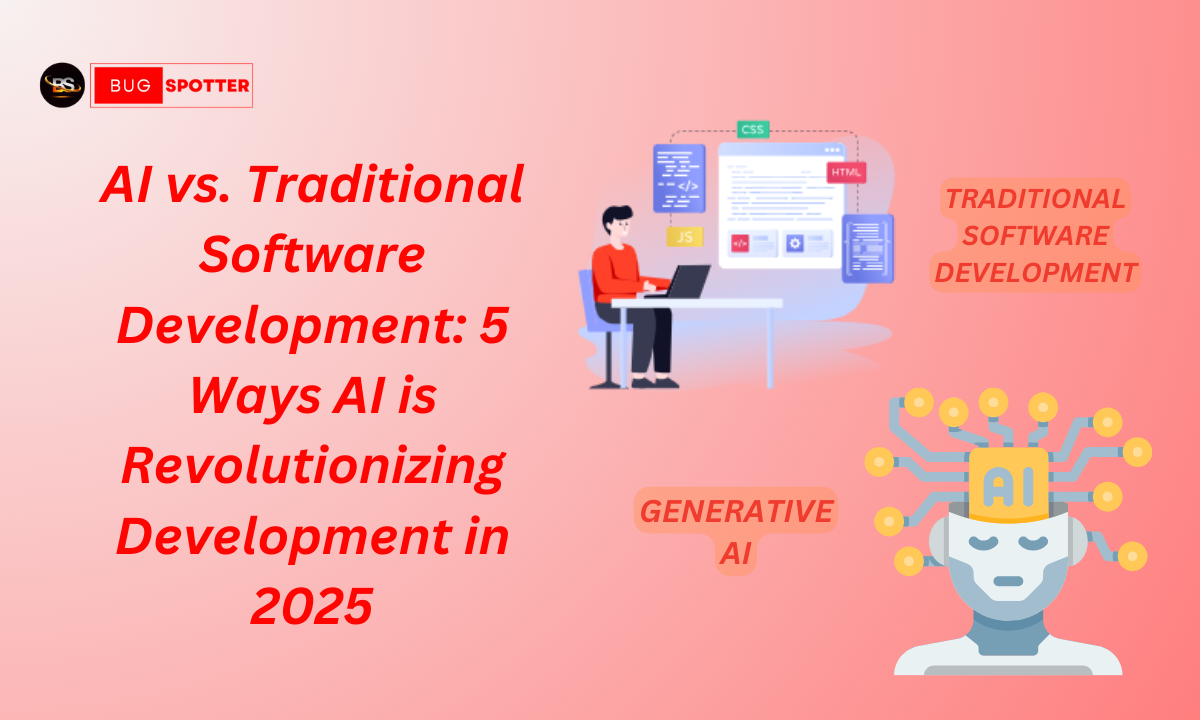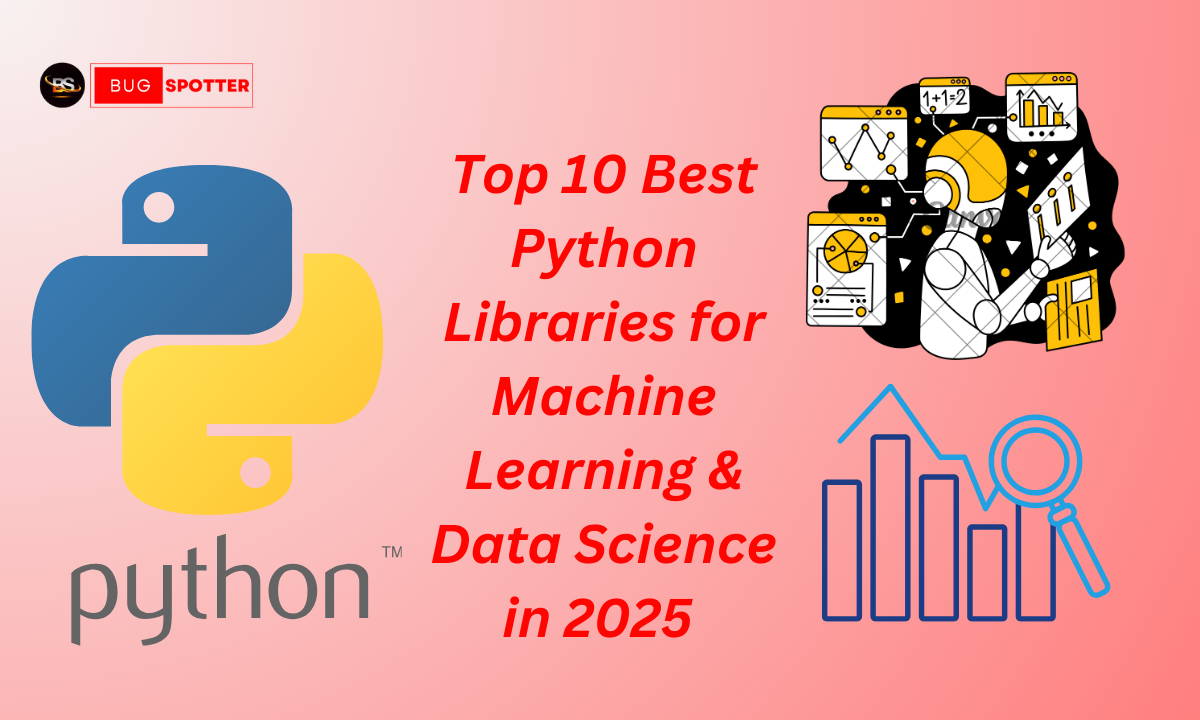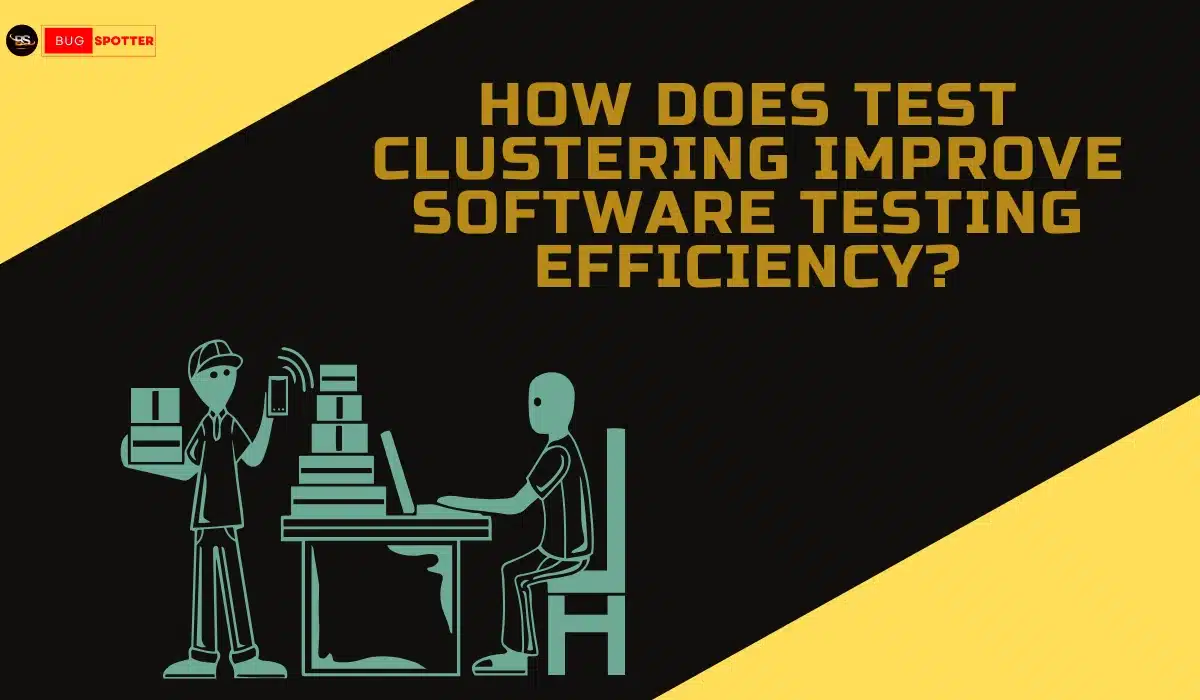What is Classical Computing?
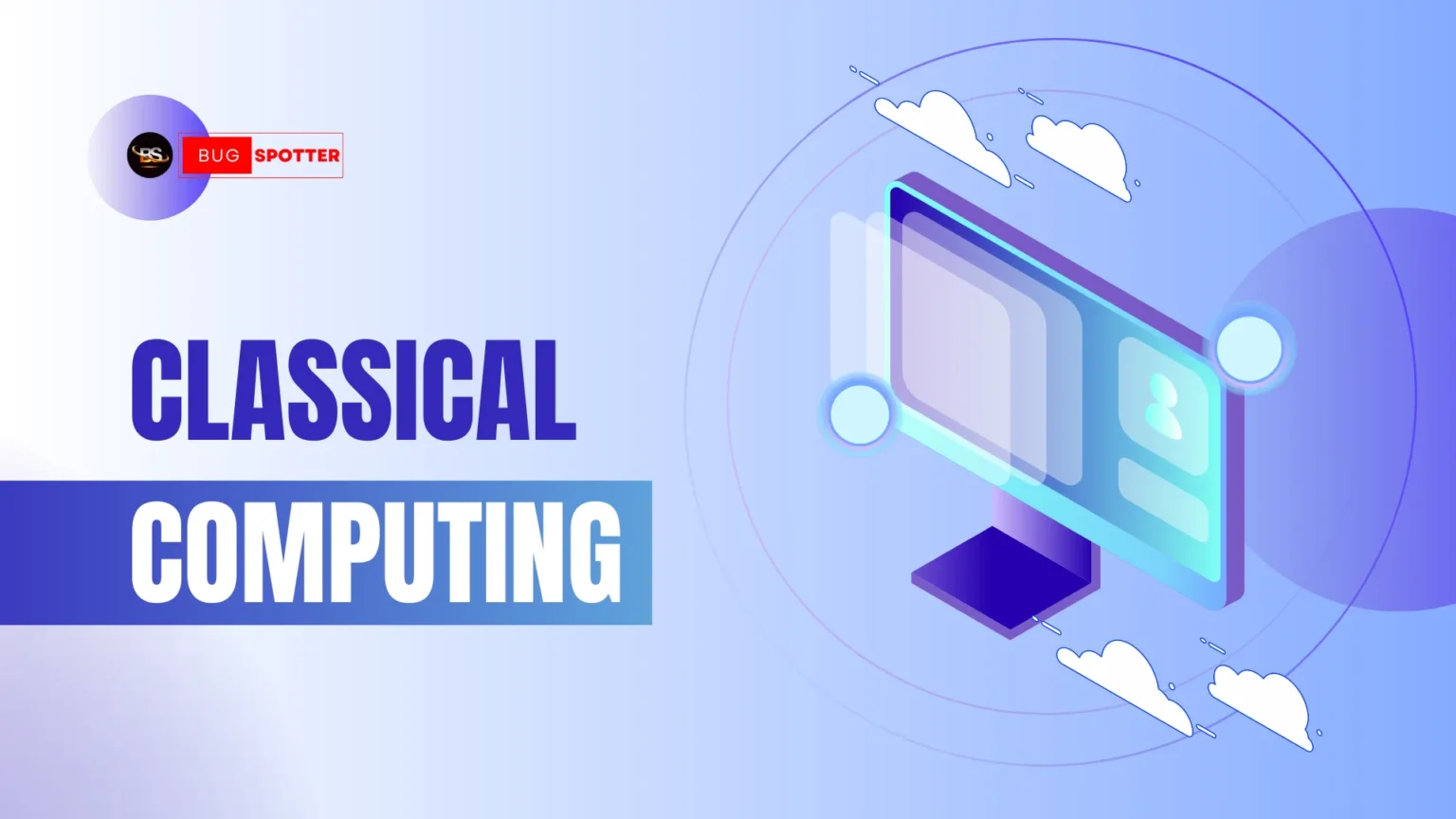
Classical computing refers to the traditional method of processing and calculating information using classical computers. These computers operate on bits, which can be either 0 or 1. Classical computing is the foundation of modern computing, and its principles have been around since the mid-20th century. Here’s a detailed look at classical computing:
Introduction to Classical Computing
Classical computing is based on the use of binary digits (bits) to represent information. A bit is the most basic unit of information, which can hold one of two possible values: 0 or 1. Classical computers manipulate these bits through logical operations, arithmetic calculations, and other functions to perform tasks.
Key Components of Classical Computing
1 Hardware
Classical computing hardware consists of several components, including:
- Central Processing Unit (CPU): The “brain” of the computer, responsible for executing instructions.
- Memory (RAM/ROM): Temporary or permanent storage used for storing data and instructions.
- Input Devices (Keyboard, Mouse): Devices through which data is entered into the system.
- Output Devices (Monitor, Printer): Devices used to display or present the results of computations.
2 Software
Software consists of the programs and operating systems that instruct the hardware on what tasks to perform. There are two major categories:
- System Software: Operating systems, drivers, etc.
- Application Software: Programs designed for end-users like word processors, games, etc.
Principles of Classical Computing
Classical computing operates on several key principles:
- Binary Logic: Computers use binary numbers (0 and 1) to represent data. These numbers are processed using logic gates.
- Sequential Processing: Classical computers execute instructions in a sequential order, one after the other.
- Determinism: Classical computers are deterministic, meaning that for the same input, the output will always be the same.
- Von Neumann Architecture: This is the foundational model for most classical computers, consisting of a CPU, memory, and input/output devices.
Classical Computing vs Quantum Computing
| Feature | Classical Computing | Quantum Computing |
| Fundamental Unit | Bit (0 or 1) | Qubit (can be 0, 1, or both) |
| Processing | Sequential | Parallel |
| Speed | Slower for certain complex problems | Faster for some types of problems |
| Computational Power | Limited to classical algorithms | Can solve problems exponentially faster |
| Applications | Everyday computing tasks | Cryptography, AI, simulations |
Applications of Classical Computing
1. Personal Computing
Classical computing is foundational to personal computing devices like desktops, laptops, smartphones, and tablets. These devices enable individuals to perform a range of activities, including:
- Internet Browsing: Accessing websites, online services, and social media.
- Productivity Software: Word processors, spreadsheets, presentations, email, etc.
- Entertainment: Gaming, media streaming, video conferencing, and more.
2. Business and Enterprise Systems
Classical computers are at the core of many business and organizational operations, handling everything from everyday tasks to complex data management:
- Enterprise Resource Planning (ERP): Systems used for managing business processes, such as finance, human resources, inventory, etc.
- Customer Relationship Management (CRM): Software that helps businesses manage customer interactions, sales data, and marketing efforts.
- Supply Chain Management: Classical computing enables tracking and optimization of supply chains, ensuring products are produced and delivered efficiently.
- Data Analytics: Classical computers process large volumes of data, providing insights for better decision-making in marketing, finance, and operations.
3. Scientific and Research Computing
Classical computing plays an essential role in various scientific domains, supporting calculations, simulations, and data analysis:
- Simulations: Classical computers run simulations for weather forecasting, fluid dynamics, physics experiments, and even biological processes.
- Data Analysis: Researchers and scientists rely on classical computing to analyze large datasets, such as those in genomics, physics, and astronomy.
- Modeling Complex Systems: Classical computing supports the creation of mathematical models to simulate natural and engineered systems, such as climate models or aerodynamics.
4. Embedded Systems
Embedded systems are specialized computing systems integrated into devices to control specific functions. Examples include:
- Automobiles: Classical computing is used in cars for functions such as engine control, navigation systems, infotainment, and driver assistance systems.
- Home Appliances: Washing machines, microwaves, and refrigerators use classical computing for task automation and user interface management.
- Medical Devices: Equipment like pacemakers, insulin pumps, and diagnostic tools rely on classical computing to ensure proper operation and safety.
5. Telecommunications and Networking
Telecommunication systems rely on classical computing to handle a vast amount of data transmission and networking tasks:
- Network Routing: Classical computers help direct data through various routes across the internet, ensuring efficient delivery of information.
- Signal Processing: Classical computing is involved in encoding, decoding, and enhancing signals for communication technologies like Wi-Fi, LTE, and fiber-optic networks.
- Telecommunication Infrastructure: Cellular networks, satellites, and other communication technologies use classical computing to manage and optimize system performance.
Limitations of Classical Computing
While classical computing has been incredibly successful, it has limitations, especially for very large or complex problems:
- Processing Power: Classical computers struggle with tasks that involve processing vast amounts of data or require extreme computational power.
- Energy Efficiency: Complex computations often require significant energy.
- Scalability: As problems grow more complex, classical systems can struggle to scale effectively.
Future of Classical Computing
Despite the rise of quantum computing, classical computing will continue to play a central role for the foreseeable future. However, ongoing advancements in classical computing, such as parallel processing, multi-core processors, and artificial intelligence, are pushing the boundaries of what classical systems can achieve.
Frequently Asked Questions for classical computing
Q1: What is a bit in classical computing?
A bit is the smallest unit of information in classical computing. It can have one of two possible values: 0 or 1.
Q2: What is the Von Neumann Architecture?
The Von Neumann Architecture is a computer architecture based on the idea of a stored-program computer. It consists of a CPU, memory, and input/output devices, where both data and instructions are stored in the same memory.
Q3: Why are classical computers considered deterministic?
Classical computers are deterministic because, given the same input, they will always produce the same output, making their behavior predictable.
Q4: What is the main limitation of classical computing?
Classical computing is limited by its processing power, which can struggle with problems that require large-scale computations or high-speed processing, such as certain AI or cryptography problems.
Q5: How is classical computing different from quantum computing?
Classical computing uses bits (binary digits) that can be either 0 or 1, while quantum computing uses qubits, which can be in multiple states simultaneously. Quantum computing can perform parallel computations, potentially solving certain problems exponentially faster than classical computers.
Classical computing has been the backbone of the information age and continues to evolve with advancements in hardware, software, and computational techniques. While quantum computing promises revolutionary advancements, classical computing remains highly effective for a wide range of tasks and will continue to shape the technological landscape for years to come.
Latest Posts
- All Posts
- Software Testing
- Uncategorized
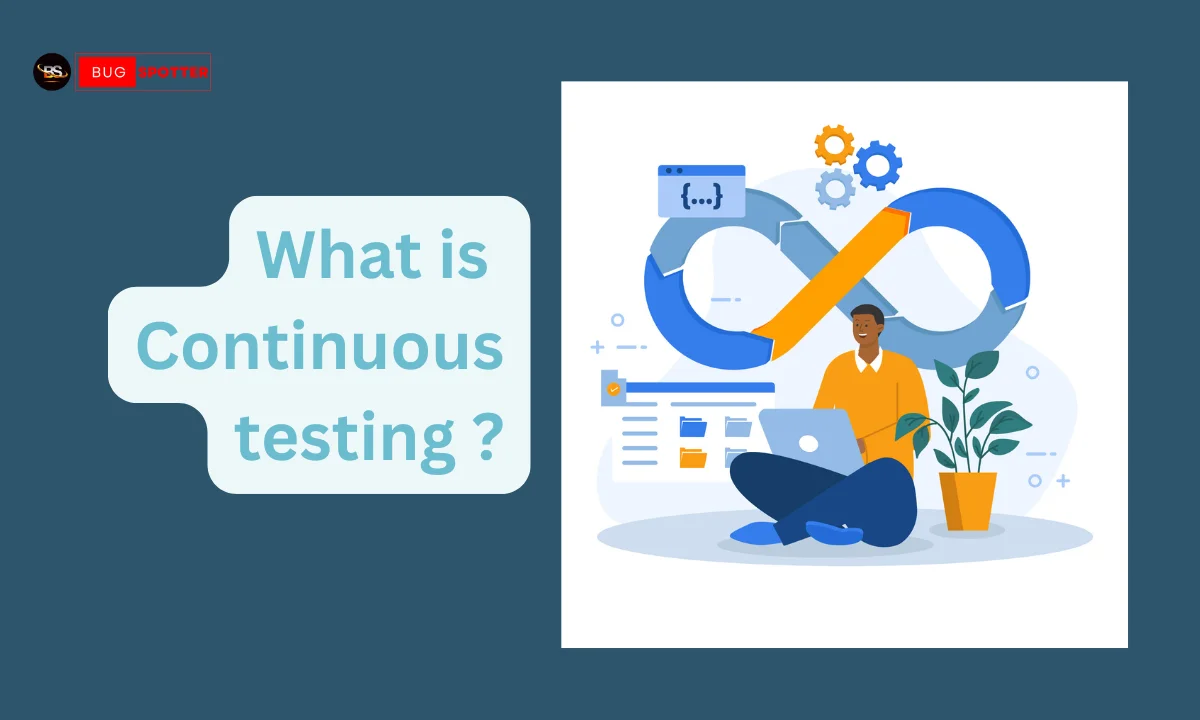
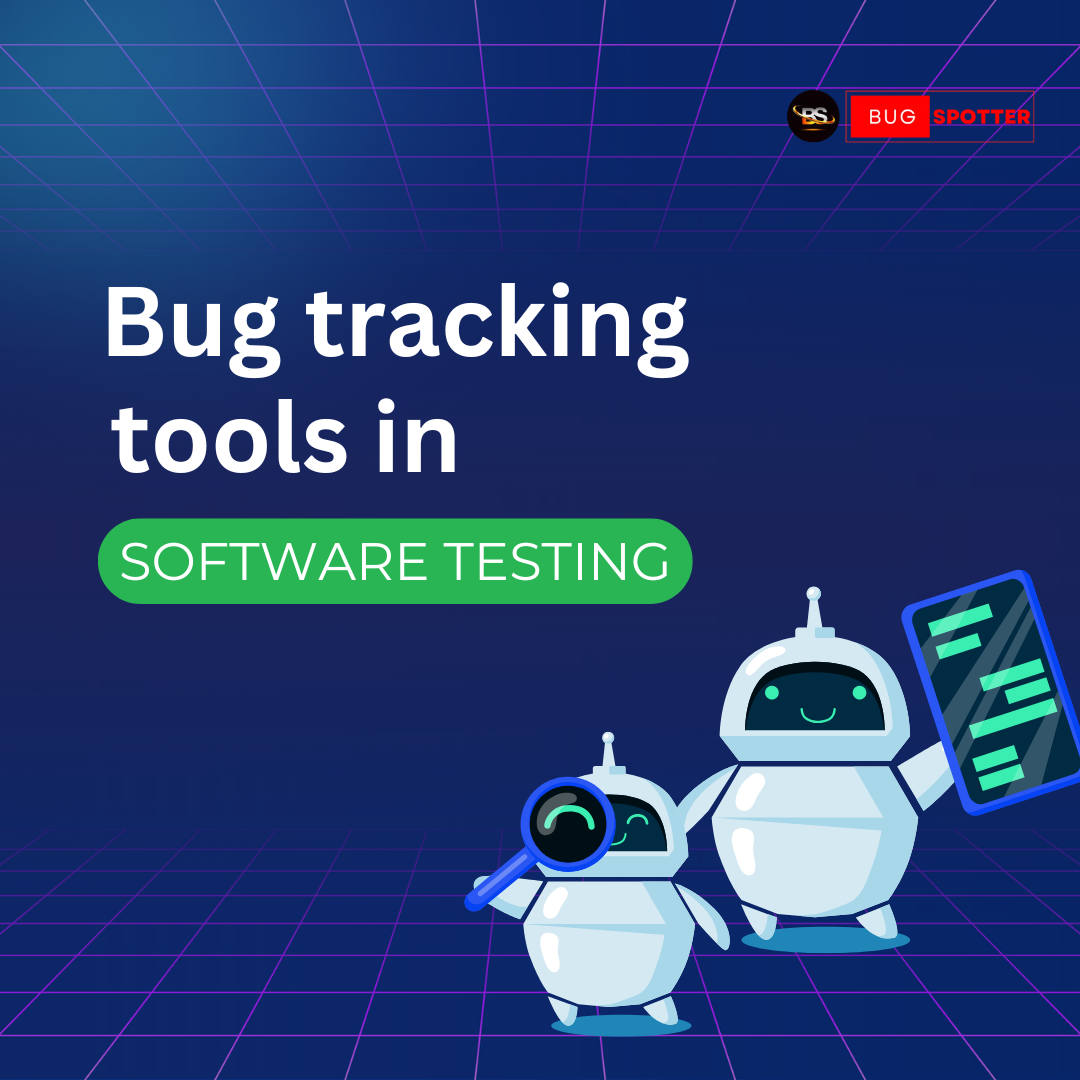
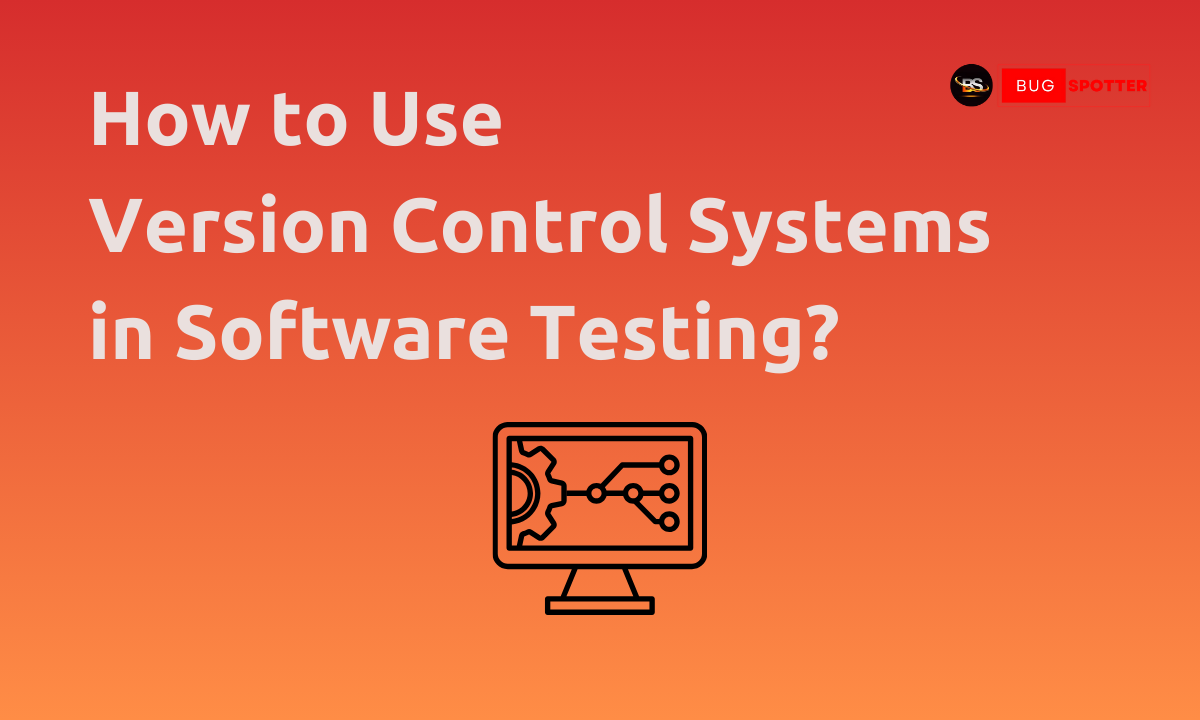
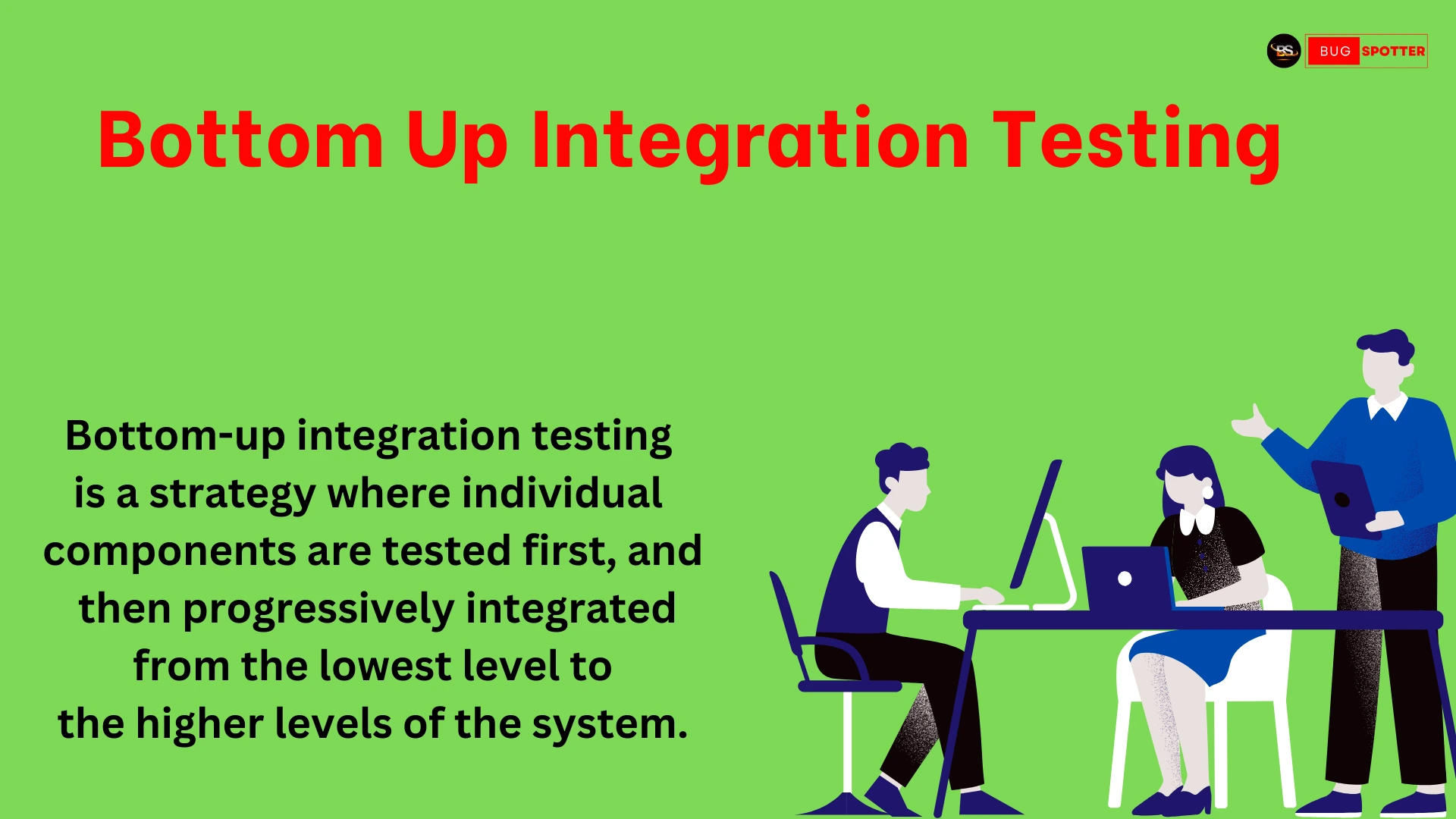
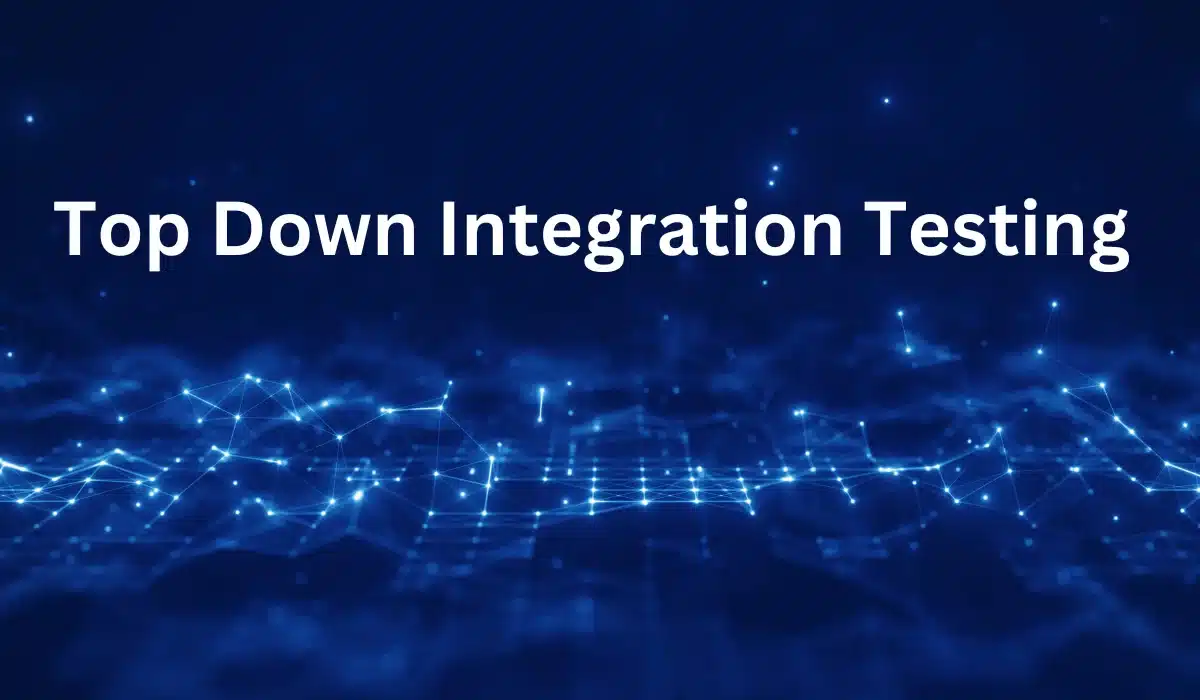
Categories
- Artificial Intelligence (5)
- Best IT Training Institute Pune (9)
- Cloud (2)
- Data Analyst (55)
- Data Analyst Pro (15)
- data engineer (18)
- Data Science (104)
- Data Science Pro (20)
- Data Science Questions (6)
- Digital Marketing (4)
- Full Stack Development (7)
- Hiring News (41)
- HR (3)
- Jobs (3)
- News (1)
- Placements (2)
- SAM (4)
- Software Testing (70)
- Software Testing Pro (8)
- Uncategorized (33)
- Update (33)
Tags
- Artificial Intelligence (5)
- Best IT Training Institute Pune (9)
- Cloud (2)
- Data Analyst (55)
- Data Analyst Pro (15)
- data engineer (18)
- Data Science (104)
- Data Science Pro (20)
- Data Science Questions (6)
- Digital Marketing (4)
- Full Stack Development (7)
- Hiring News (41)
- HR (3)
- Jobs (3)
- News (1)
- Placements (2)
- SAM (4)
- Software Testing (70)
- Software Testing Pro (8)
- Uncategorized (33)
- Update (33)



